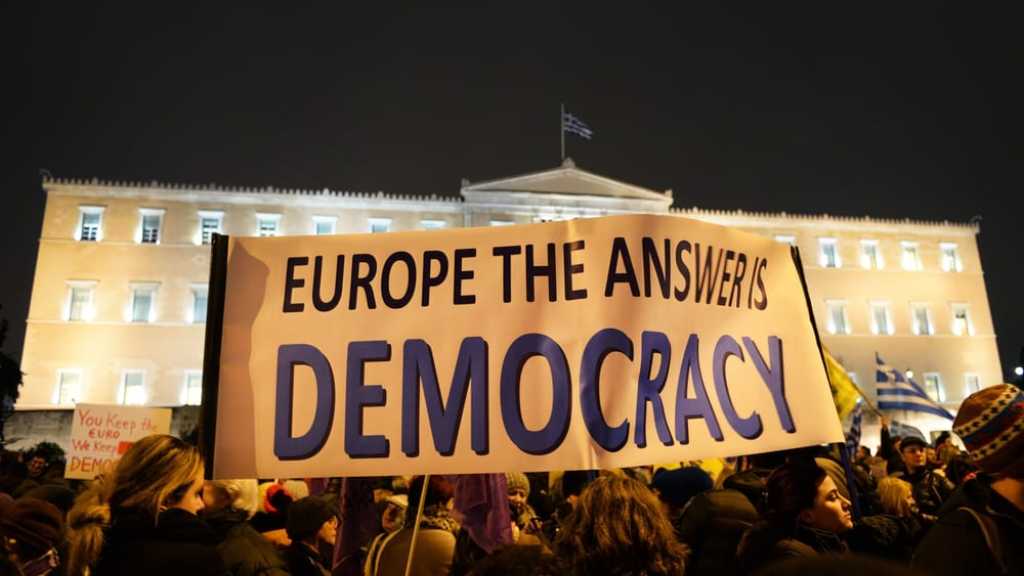Young Europeans Losing Faith in Democracy!

By Staff, Agencies
Only half of young people in France and Spain believe that democracy is the best form of government, with support even lower among their Polish counterparts, a study has found.
A majority from Europe’s generation Z – 57% – prefer democracy to any other form of government. Rates of support varied significantly, however, reaching just 48% in Poland and only about 51-52% in Spain and France, with Germany highest at 71%.
More than one in five – 21% – would favor authoritarian rule under certain, unspecified circumstances. This was highest in Italy at 24% and lowest in Germany with 15%. In France, Spain and Poland the figure was 23%.
Nearly one in 10 across the nations said they did not care whether their government was democratic or not, while another 14% did not know or did not answer.
Thorsten Faas, a political scientist at Berlin’s Free University, who worked on the study, said: “Among people who see themselves as politically to the right of center and feel economically disadvantaged, their support of democracy sinks to just one in three.
The study was carried out in April and May. More than 6,700 people between the ages of 16 and 26 in Britain, Germany, France, Spain, Italy, Greece and Poland responded to the ninth annual survey by the YouGov institute for the Tui Foundation, which funds projects dedicated to youth in Europe.
Forty-eight per cent worry that the democratic system in their own country is endangered, including 61% in Germany, where the economy – Europe’s biggest – is ailing and the far right has made significant inroads, fueled in part by increased backing from young voters.
The return of Donald Trump to the White House, the rise of China, and Russia’s full-scale invasion of Ukraine have shifted power away from Europe in the respondents’ perception, with just 42% counting the EU among the top three global players.
Despite – or perhaps because of – Brexit, the figure was highest among Britons at 50%. Of those surveyed in the UK, 73% wanted a return to the EU, while nearly half of young Europeans (47%) sought stronger ties between the EU and Britain.
The US was seen by 83% as part of the power trio, followed by China with 75% and Russia on 57%.
Rising polarization is also driving young Europeans to the ideological fringes along with their elders, but a notable gender divide has emerged in the process.
Nearly one in five – 19% – described themselves as politically right of center, up from 14% in 2021, while 33% called themselves centrists, 32% as leftist and 16% without any designation.
Support for tougher restrictions on migration has grown across the board since 2021, to 38% from 26%.
Most young Europeans expressed hope in the EU’s potential, and two in three overwhelmingly supported their country remaining in the bloc if it still was. But 39% described the EU as not particularly democratic and just 6% said their own national governments worked well, with little need for significant changes.
More than half – 53% – felt the EU was too focused on details and trivial matters. They would like the bloc to tackle the high cost of living, bolster defense against external threats and create better conditions for companies to improve the economy.
Comments
- Related News

Jellyfish Swarm Shuts Down French Nuclear Plant
3 months ago
Young Europeans Losing Faith in Democracy!
4 months ago

